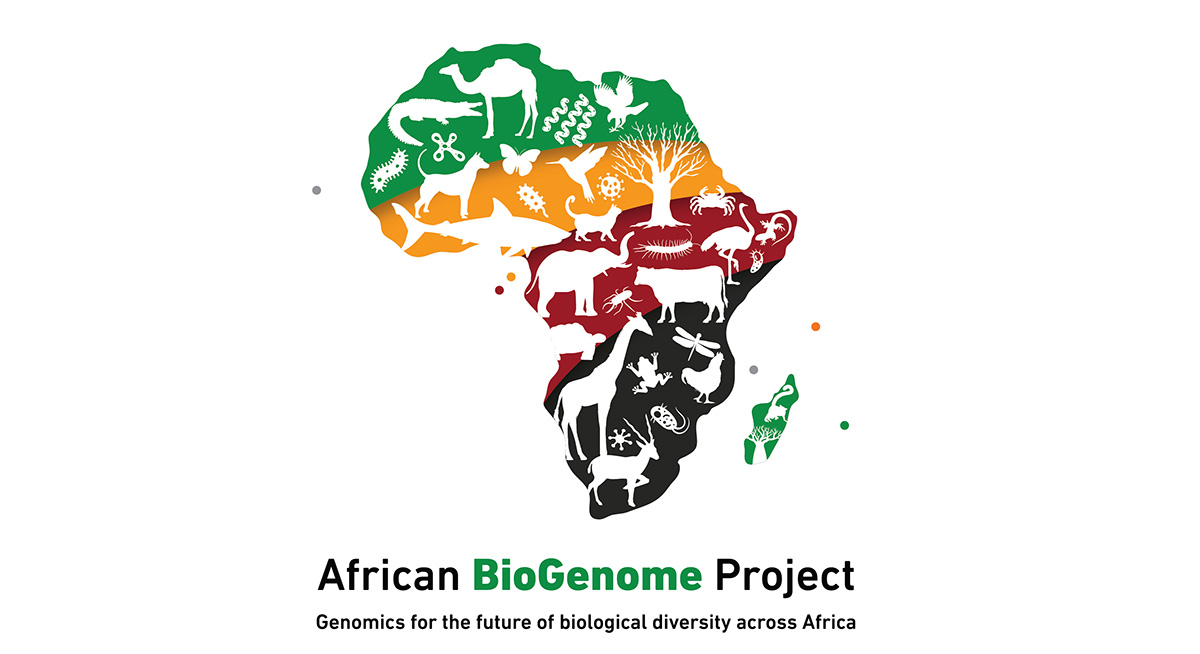Although 60,000 known plant species and 123,000 known animal species are found in Africa, only 20 plants and 385 animals have been sequenced till date. Even 50% of the orphan crops, which play a crucial role in food security, have not been sequenced. To correct this oversight, the African BioGenome Project was launched in June 2021 as a coordinated, pan-African effort to generate, analyze, and deploy genomics data for the sustainable use of biodiversity and agriculture across Africa.

AfricaBP now hosts 109 African scientists and 22 African organizations, representing researchers, institutions, and corporations from all five regions in the African Union. The researchers hope to sequence the genomes of 105,000 endemic species: plants, animals, fungi, protists, and other eukaryotes.
“Technologies are usually developed in resource-rich countries, and they take a long time to find their way to Africa. Even if they do, they are not often utilized due to personnel or infrastructure challenges. This project is exciting because it will spur new technologies that will change the way we do lab- and field-based science,” said Anne Muigai, a professor of genetics at the Jomo Kenyatta University of Agriculture and Technology, Kenya and the Chair of AfricaBP.
Currently, African researchers who have been trained in laboratories across the world have a hard time finding the same infrastructure back home. With AfricaBP, that will soon change. “Our continent deserves this project. It will provide a platform so that everyone, including students, will have access to scientific and bioinformatics infrastructure through the AfricaBP Open Institute for Genomics and Bioinformatics,” said Josiah Kuja, the Project Manager of AfricaBP. The Open Institute for Genomics and Bioinformatics aims at generating and strengthening genomic data and building bioinformatics capacity in African institutions.
Overall, AfricaBP has three main goals: building resilient and sustainable food systems by partnering with the African Plant Breeding Academy and the African Animal Breeding Network; improving conservation by making it easier for researchers to identify species that are at risk of extinction, and designing and implementing effective conservation strategies; and building multilateral agreements to ensure that the benefits derived from genetic resources are shared equitably across Africa.
AfricaBP is also working with the Vertebrate Genomes Project that is seeking to sequence all the vertebrates on the planet, the 10,000 Plants Genome Project which will sequence 10,000 plant species from around the world, and the Earth BioGenome Project which seeks to sequence and conserve earths biodiversity.
“The biggest threat for our continent right now is climate change and we cannot lose time by using conventional research methods that need years to come up with a successful product. These partnerships have gotten us the funding and have gone a long way in providing technical backup support for which we are very grateful,” Muigai said.
The project will cost approximately $1 billion, which some argue would be better spent on combating malnutrition and disease in impoverished communities across Africa. However, the researchers believe that the results from the project are likely to be priceless. “The benefits that will come out of this are unprecedented,” Muigai said. “We just recently documented the death of the last White Rhino in Kenya. You can't really quantify that type of loss monetarily. This effort is something we can do now in order to save what we have for our children and future generations.”
In March, 2022 the Carl R. Woese Institute for Genomic Biology and AfricaBP signed a memorandum of understanding pledging to build a partnership for scientific exchange. Through this effort, AfricaBP will gain access to experts that can help them fulfil their ambitious goals for the project and the IGB will have the opportunity to develop impactful new international collaborations. “I am very excited about our new partnership with AfricaBP,” said IGB director Gene Robinson. “We have much to learn from each other in the application of genomics to address grand challenges in agriculture and conservation, with a framework that emphasizes justice, equity, diversity, and inclusion.”
“As a land-grant institution that strives to make a global impact, the University of Illinois Urbana-Champaign recognizes that encouraging education and research across disciplines, cultures, geographies, and worldviews leads to greater innovation and scholarly breakthroughs for all involved,” said Reitumetse Obakeng Mabokela, Vice Provost for International Affairs and Global Strategies. “Partnerships, such as the one between the Carl R. Woese Institute for Genomic Biology and AfricaBP, are not only critical to ensuring lasting change but also reflect our institutional commitment to collaborative, equitable, and mutually-beneficial relationships with partners on the African continent.”
